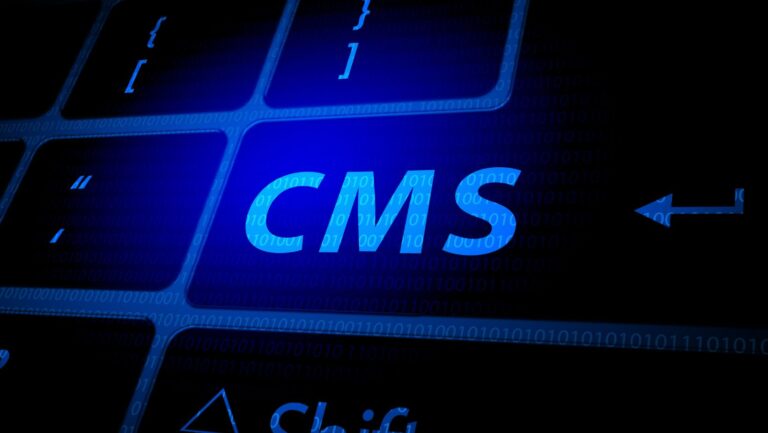Modern businesses face increasing complexity in managing their contractual relationships. Implementing effective contract management solutions has become essential for organizations seeking to streamline their operations and maintain compliance while reducing risks. The digital transformation has revolutionized how businesses handle contracts, as traditional paper-based systems have given way to sophisticated digital platforms that offer comprehensive solutions.
The Benefits of Digital Contract Management
An increased efficacy in the sphere of contract generation, its routing, and signing is a primary benefit that modern contract management solutions provide to entities. Such systems make it easy to approve these documents and eliminate the need for manual input of data, thus allowing the completion of a contract to be fast. To mention just but a few, other enhancements for compliance entail standard templates, built-in approval workflows, and automated checks that maintain conformity with the firm’s rules and regulations.
Risk mitigation becomes more manageable with centralized contract repositories, automated deadline tracking, and clear audit trails. Organizations can maintain better control over document versions and track changes effectively. The implementation of digital solutions also leads to substantial cost reductions through decreased administrative overhead, reduced paper and storage expenses, and minimized legal review time.
Essential Features and Capabilities
Modern contract management systems combine document management functionality, including centralized storage and improved search options. This guarantees that sensitive data is protected and only the right people can access important documents when needed. Additionally, workflow automation hastens processes with template libraries and approval routing for documents and electronic signatures.
Analytics and reporting capabilities provide valuable insights through performance metrics, compliance monitoring, and risk assessment tools. These features enable organizations to make data-driven decisions and identify areas for improvement in their contract management processes.
Implementation and Integration
Successfully implementing contract management solutions requires careful planning and execution. Organizations should establish clear objectives and success metrics while ensuring stakeholder buy-in across departments. Comprehensive training programs and regular system reviews help maintain effective usage and adoption.
Modern solutions should seamlessly integrate with existing business systems, including enterprise resource planning, customer relationship management, and financial management software. This integration ensures smooth data flow and maintains consistency across business operations.
Security and Compliance
In contract management, security is still a paramount concern. Contemporary solutions include strong security elements like data encryption, access controls, and audit logging. This gives assurance to companies dealing with contract management that the system meets the required industry standards and regulations through compliance certifications.
Future Developments
Technological advancement continues in the evolution of contract management systems today. There will be wider artificial intelligence coverage that will provide for advanced analysis and more automation alternatives. Contracts can become predictive as organizations learn to expect contract-related impediments and advantages from them, and day-to-day activities can be made more efficient through increased automation. It is possible to manage documents from anywhere, as long as there is mobile connectivity.
Business Impact and Success Factors
Leading solutions such as Ironclad have shown that successful deployment of contract management systems can result in tangible positive changes within a business.

Firms have faster contract cycles, higher compliance rates, and better contract visibility. The efficiency gains are made through streamlining operations and eliminating paper-based processes. Firms that use new contract management systems report significantly reduced contract processing times and greater contract accuracy.
Getting Started
Based on their existing processes, organizations that are thinking about new ways to manage contracts should first examine them to identify areas that may need some changes. This would help in the choice of an appropriate solution that would fully address particular aspects of the business and include necessary security and integration features.
With the help of well-selected and properly embedded contract management systems, organizations can greatly reduce the risk and cost associated with handling contracts. The key is to use solutions that relate to business issues and provide the needed level of security and integration that will permit all functions to manage contracts efficiently.





